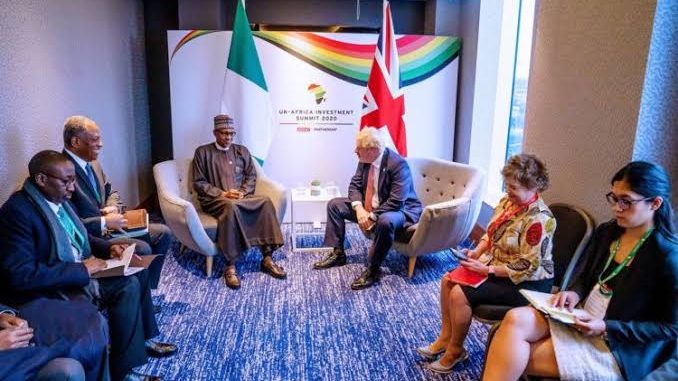
The government of the United Kingdom (UK), has exempted Nigeria from its list of high-risk countries for money laundering.
In the list which comprised of 21 countries, Nigeria’s name was deleted in a published statement released as part of post-Brexit developments.
Acknowledging the development, the Nigeria’s Financial Intelligence Unit, has announced that the country was officially withdrawn from the list by the Council of Europe on March 5, 2019.
Contrary to the earlier practice, which was that until the end of the Brexit transition period, the list of high-risk countries was determined by the European Union (EU) under the 4th Anti Money Laundering Directive, from January 1, 2021, the UK has now had its own standalone list.
Hence, with the UK exiting EU, afterwards, any amendments made by the EU to its list do not have effect in the UK.
Recall that the EU had, in March, 2019 added Nigeria to countries on its “dirty money blacklist” adding that, the nations in this category posed a threat because of tax controls on terrorism financing and money laundering.
ALSO READ: Osinbajo unveils FG’s Solar Power scheme for 5 million households in Jigawa
Among the countries listed in the UK’s Money Laundering and Terrorist Financing (Amendment) (High-Risk Countries) Regulations 2021 which took effect on March 26 are Ghana, Senegal, Iran and Morocco, Syria, Uganda, Zimbabwe and Pakistan.
The UK in its release said: “These Regulations amend the Money Laundering, Terrorist Financing and Transfer of Funds (Information on the Payer) Regulations 2017 (S.I. 2017/692) (“the MLRs”) to insert as Schedule 3ZA a new UK list of high-risk third countries for the purposes of enhanced customer due diligence requirements,” an explanatory note attached to the regulation read.
“Regulation 2 substitutes for the definition of “high-risk third country” in regulation 33(3)(a) of the MLRs a definition which refers to the list of countries in this Schedule, rather than to the list in Commission Delegated Regulation (EU) 2016/1675 of 14th July 2016 supplementing Directive (EU) 2015/849 of the European Parliament and the Council by identifying high-risk third countries with strategic deficiencies (“the CDR”). It also makes a consequential amendment to a further reference to the CDR. Regulation 3 revokes the CDR.”




